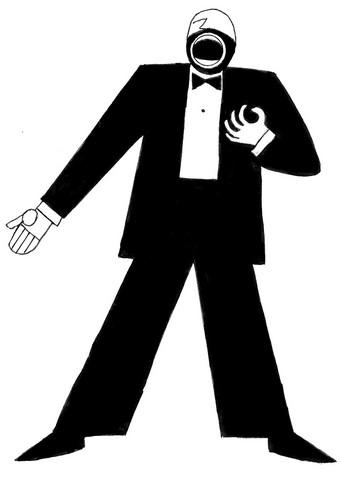Broadway comes to Philly
The weekend was chock-full of music with the last of the 'Carmina' performances, a couple rehearsals and a fantastic concert with Audra McDonald and Barbara Cook at the Kimmel (attending, not singing) on Sunday night.
Even though the concert was in Verizon Hall, both singers worked to make the event intimate. At times it almost felt a cocktail party with two brilliant singers casually trying out some new songs; words were occasionally forgotten, songs were started over and witty banter reigned throughout. The vocal polish and interpretive mastery would convince you otherwise, however.
It is interesting to hear two gifted singers at very different points in their respective careers. McDonald, at 36, is truly in her prime and sounded it. Every tricky phrase was negotiated beautifully and the range of vocal colours was stunning. The voice sounded even richer than it does on record and the microphone was used as an enhancement not a crutch. Diction was exquisite and every word was put across with supreme confidence. She stayed firmly within the Broadway canon with songs by Sondheim, Rodgers and Hammerstein and a few "new Broadway" composers. Her natural exubernace and enthusiam for this music came across strongly. McDonald was at her most powerful in "When Did I Fall In Love" from 'Fiorello', skillfully building the song in intensity and drama. Her more intimate side was on display in "I Won't Mind" by Jeff Blumenkrantz. Is there anything this woman can't sing?
Barbara Cook, at 79, is at the other end of a long and distinguised Broadway career. The voice is still fairly well produced with the exception of an occasional dry patch here and there. Cook has lived with this tradition for a very long time and gave richly nuanced accounts of familiar songs. "Surrey With the Fringe On Top" from 'Oklahoma' was transformed from a song about a pleasant ride in the country to a boastful song about a "pimped up" ride. "This Nearly Was Mine" was taken from a lyrical aria to an inward reflection on lost love. Cook also took on Sondheim, with two songs from 'Into the Woods' about finding a way in a turbulent world. Perhaps the most striking moment of the night came with her first encore as she turned her mic off to sing "We'll Be Together Again". Rather than diminishing her power, this bold move brought the audience even closer.
The arrangements mostly by McDonald's longtime music director Ted Sperling, who also played piano, were always subtle and tight and the backing jazz trio supported the singers very well. Cook and McDonald also sang a number of jazzy duets throughout the evening which served as welcome breaks from the more serious moments. The concert concluded somewhat surprisingly with a smart arrangement of some American patriotic songs. I'm not the biggest fan of things like this but it was done tastefully and with the same respect given to the other classic American songs of the evening. In a concert that was a celebration of American popular song, why not end with a salute to America herself?

